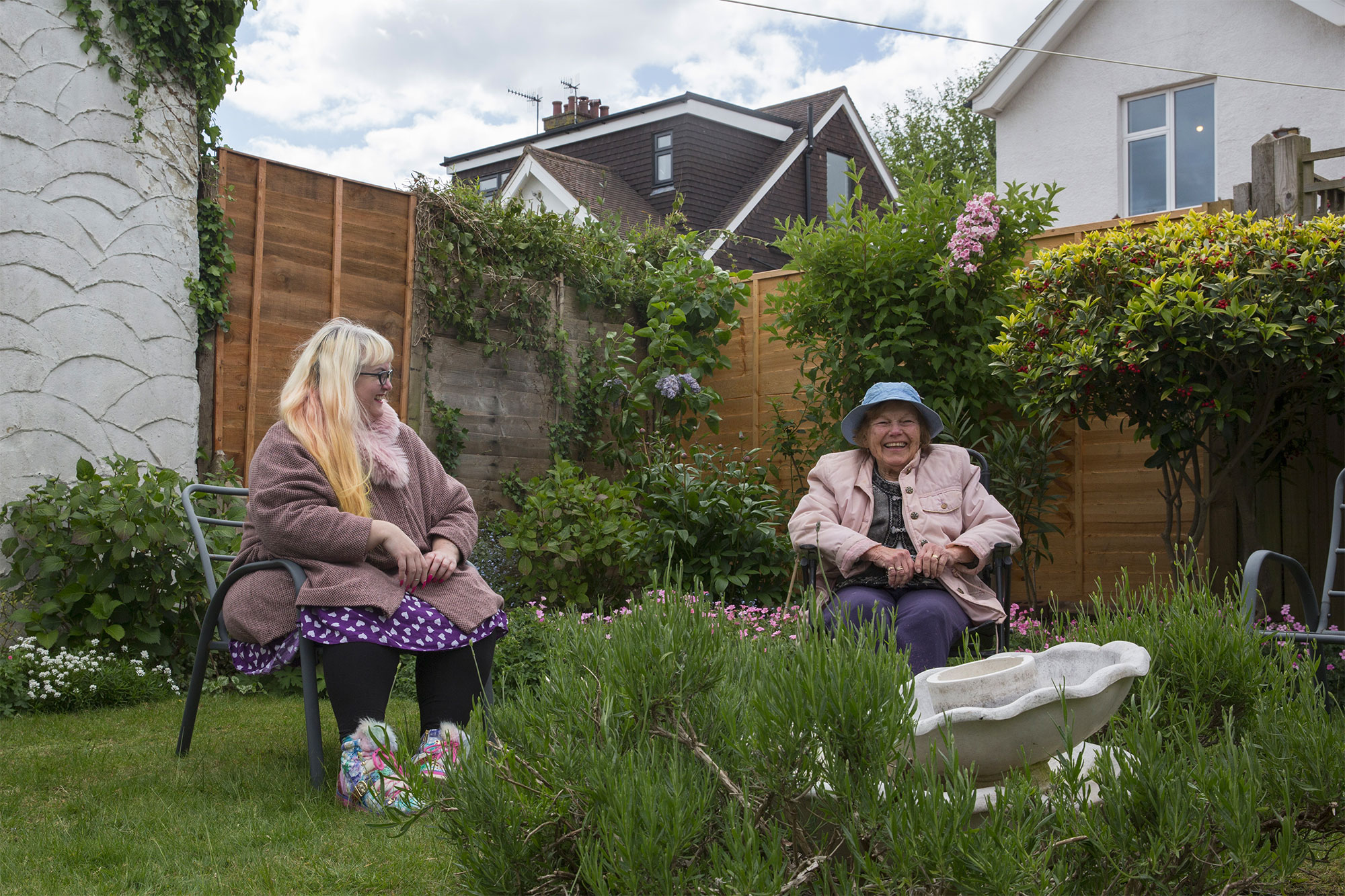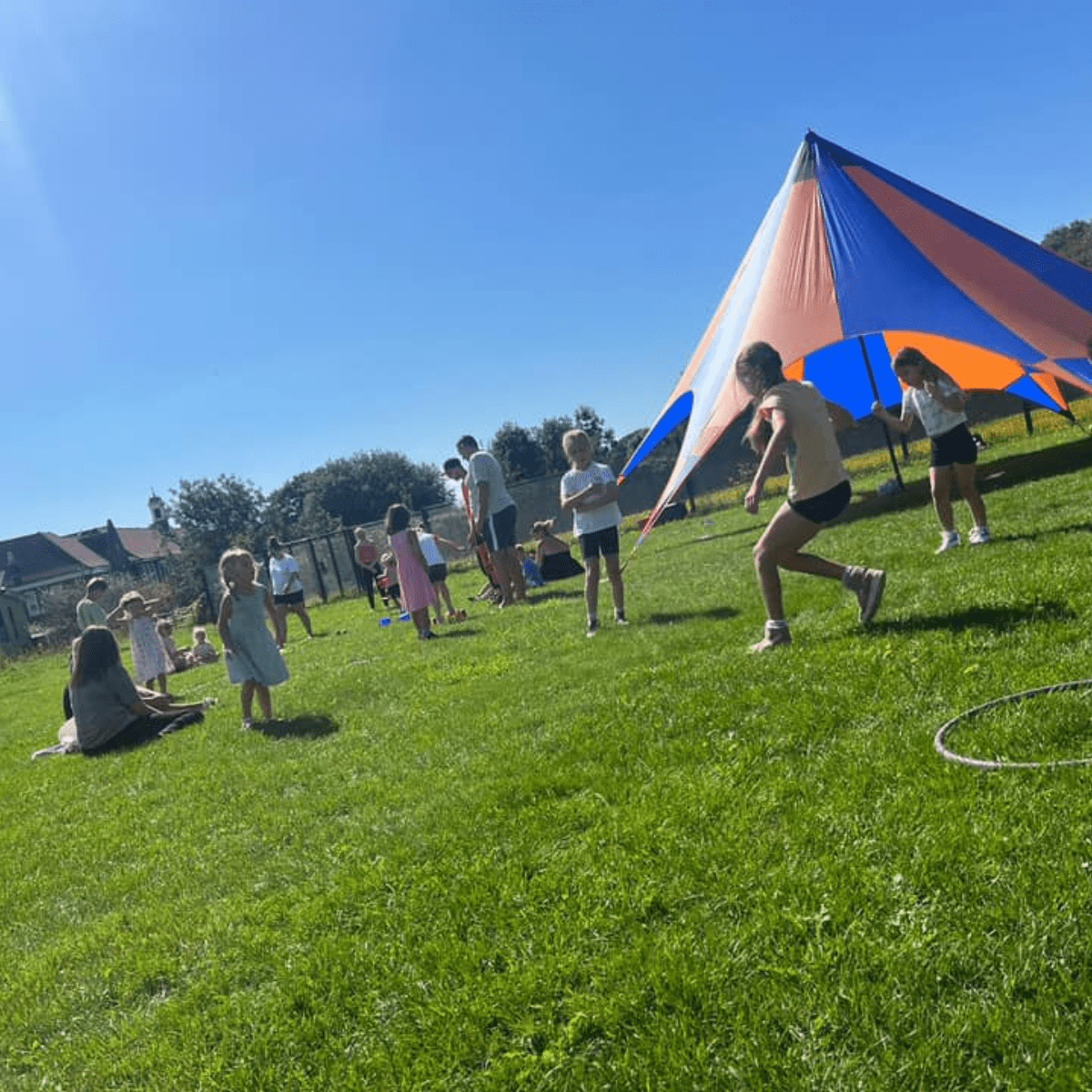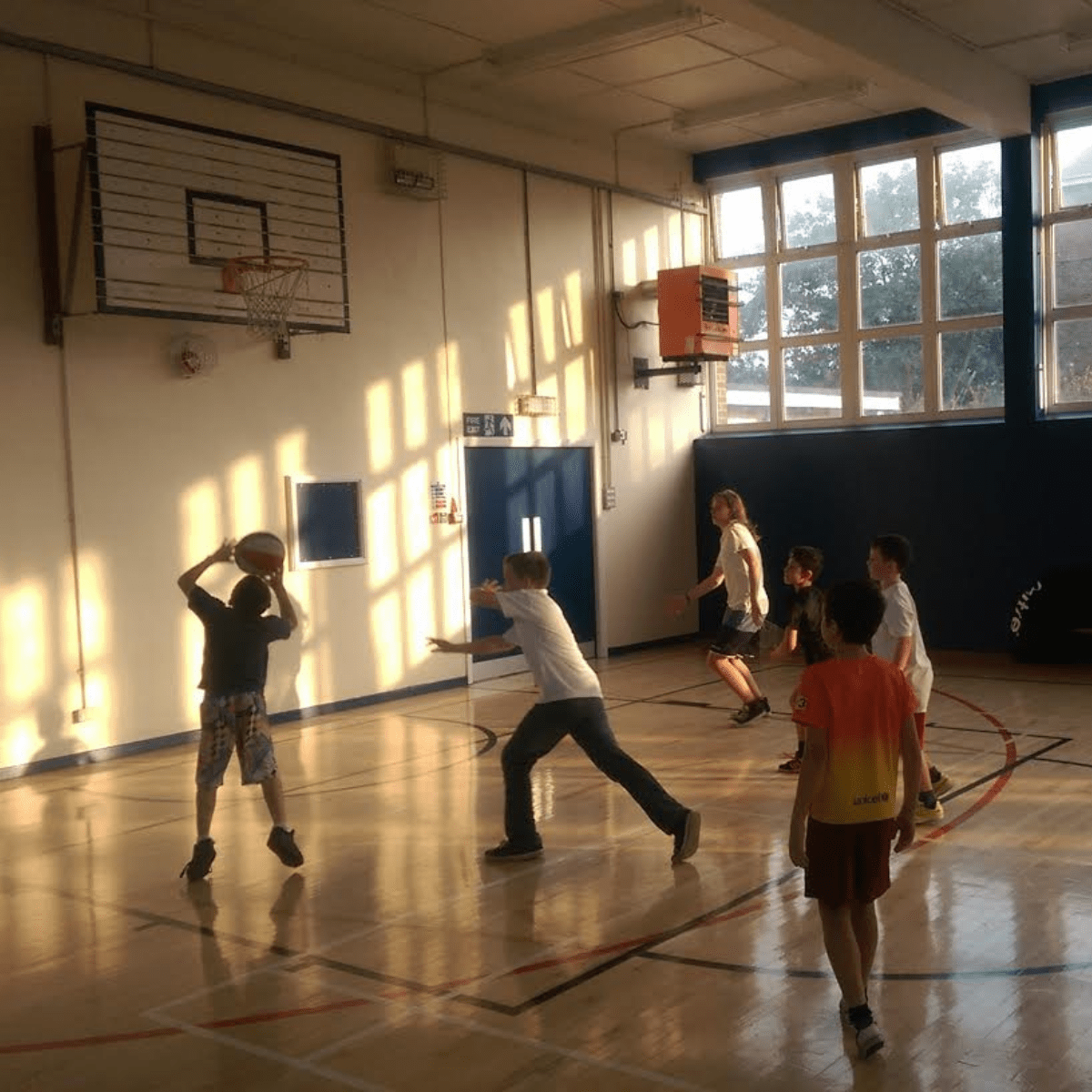
Time to Talk Befriending is a frontline befriending charity working in Brighton, Hove, Adur and Worthing. Their mission is to overcome chronic loneliness and social isolation experienced by older people and the accompanying health impact.
Volunteers and staff at the charity told us that befriending is more complex post-pandemic as prolonged shielding has significantly affected older members. Just over half reported that their emotional and mental health needs had got worse or much worse coming out of the pandemic.
Just a small amount of time spent befriending improves the well-being of all involved and plays an important role in reducing loneliness.
Tony and Tony talk about the mutual benefits of befriending, hear their story in the video below:
Befriending “gives me a sense of purpose” (scheme member) and is “rewarding for me as well” (volunteer).
Time to Talk Befriending received a £10,000 grant this week is for a two stage project: firstly, to identify how best to meet the more complex needs of their older members, including mental health needs; and secondly to enable the voice of the 'older old' themselves to drive forward and influence the way befriending services are provided to them.
To find out more about this organisation visit theTime to Talk Befriending website.



